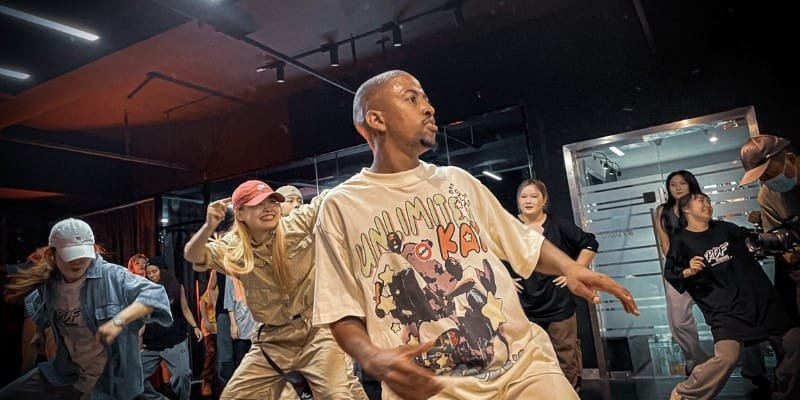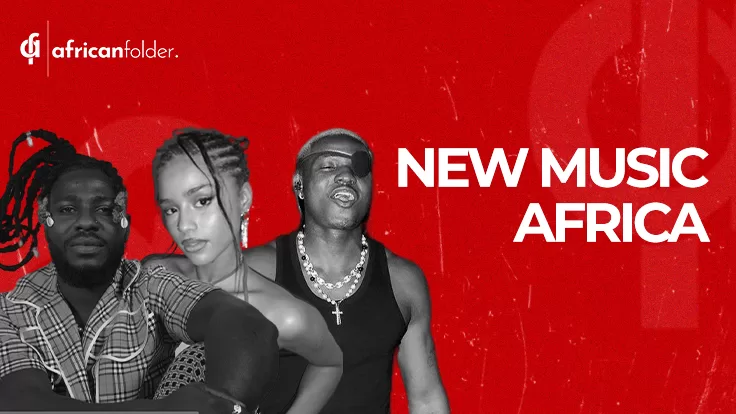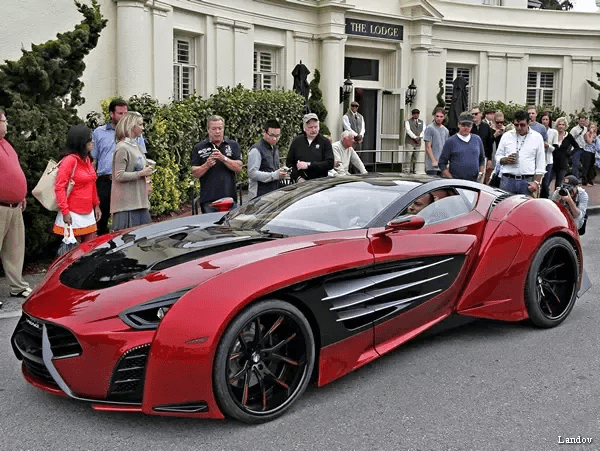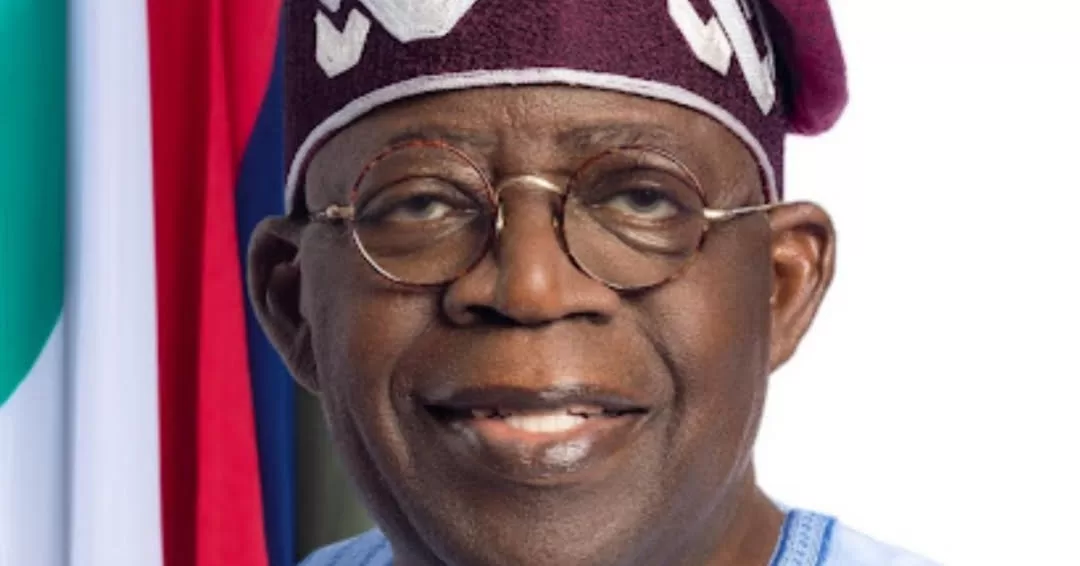African music has a long and rich history, featuring bright and diverse sounds. From the ancient rhythms of Highlife, Makossa, and Soukous to the present sounds of Afrobeats and Amapiano, African music has always served its people while also having a huge impact on the worldwide music scene. One of the distinguishing features of African music is its distinctive use of rhythms, which have always had a profound impact on listeners. Afropiano, a new trend in the African music landscape, combines aspects of Afrobeats and Amapiano to produce a fresh, dynamic fusion that is sweeping the world.
The Origins of Afropiano
Afropiano is a genre that combines the energetic, rhythmic beats of West African Afrobeats with the soulful, deep house and piano tones of South African Amapiano. Amapiano, meaning ‘the pianos’ in Zulu, is a style of house music that emerged in South Africa in 2012 and gained immense popularity around 2017. It is a mix of deep house, kwaito, jazz, and lounge music, characterised by its mellow piano melodies, jazzy vibes, and laid-back rhythms. In contrast, Afrobeats, often confused with the older genre ‘Afrobeat’ pioneered by Fela Kuti, is a more contemporary umbrella term used to describe a variety of popular music styles emanating from West Africa, marked by upbeat tempos, vibrant percussion, and catchy lyrics.
The fusion of these two genres results in a unique sound that captures the danceable tunes of Amapiano and the lyrical richness of Afrobeats, creating a compelling new genre that speaks to the soul and brings listeners home, regardless of whether they are Nigerian, South African, or from anywhere else.
The term ‘afropiano’ was first used in 2015 by Cuban pianist Gabriel Hernandez, who formed a quintet with a New York City-based artist to perform Afropiano on Congahead. Hernandez was not referring to afropiano as we know it today, which is a fusion of West African afrobeats and South African amapiano, but rather an afrobeats instrumentation in which the strings of a piano are more pronounced than those of other instruments.
The Nigerian Influence on Amapiano
Is Amapiano new to the Nigerian audience? Although it originated in South Africa, many Nigerian artists and producers have embraced Amapiano, often infusing it with their unique musical styles. The Nigerian house music scene, which has been around for a while, is very much Amapiano-inspired. Artists like Niniola, who is nicknamed the ‘Queen of Afro House’, have played significant roles in popularising this genre in Nigeria. After her collaboration with renowned producer Sarz, they created a sound that drew in a loyal, albeit niche, crowd. Over time, hits like Maradona and Sicker gained popularity on Nigerian and South African radio alike, showcasing the growing acceptance of Amapiano in Nigeria.
Moreover, notable Nigerian artists such as Davido, Burna Boy, and Wizkid have also explored Amapiano. Davido’s 2014 hit Tchelete (Goodlife) featuring South African Afropop duo Mafikizolo is a testament to the long-standing musical rapport between Nigeria and South Africa. More recently, songs such as Sponono by Kabza De Small featuring Wizkid, Burna Boy, Cassper Nyovest, and Madumane, and Ke Star Remix by Focalistic featuring Davido, have highlighted the integration of different musical forms, indicating a substantial sonic shift in Nigeria’s music scene.
The Cultural Exchange and Growing Popularity
The blending of cultures among African nations through music emphasises the inherent beauty of cooperation. The collaboration of South Africa’s dance-centric Amapiano and Nigeria’s high-energy Afrobeats has resulted in the birth of a dynamic sub-genre known as ‘Nigerian Amapiano’. This combination has encouraged creativity and innovation in Nigeria’s music landscape, with DJs, producers, and artists infusing Amapiano aspects into their songs, creating an eclectic blend that captivates audiences.
As Amapiano gains traction in Nigeria, its influence may be seen in many parts of the music industry. The genre has not only enhanced Nigeria’s flourishing music scene, but has also fostered a renewed respect for South African music and culture. This cultural exchange develops a deeper understanding and connection between the two countries, demonstrating the ability of music to transcend borders and bring people together.
The Future of Afropiano
Afropiano is undoubtedly the most popular sound on the continent right now, and just as Afrobeats has gone global, many in the music industry believe this new fusion sound will follow suit. The combination of Amapiano and Afrobeats may have made the music more known in its early days, providing an access point for Afropop enthusiasts and listeners. Amapiano, on the other hand, has demonstrated that it can compete by making a reputation for itself on a global scale.
In recent years, a plethora of songs inspired by the fusion of different indigenous music genres have arisen, becoming commercial successes and sparking viral dance competitions. These songs have helped to develop a sense of brotherhood and mutual respect among Nigerian and South African musicians, demonstrating music’s ability to bring people together. As Afropiano’s popularity grows, it becomes evident that this dynamic fusion genre is here to stay, enhancing the worldwide music scene and cementing Africa’s status as a musical creativity powerhouse.















